Erectile Dysfunction Treatments
Erectile dysfunction (ED) is a common condition that affects many men, particularly as they age with between 50–55% of men between the ages of 40 and 70 experiencing ED at least once in their life. It’s defined as the inability to achieve or maintain an erection sufficient for sexual activity.
ED can be distressing, it’s important to know that effective treatments are available. From medications like sildenafil (Viagra) to lifestyle changes and psychological support, various options can help you regain your confidence and improve your sexual health. In this article, we'll look at the most effective treatments for ED.
Treatment
When treating erectile dysfunction, the first step often involves identifying any underlying conditions that may be contributing to the problem. Health issues such as diabetes, high blood pressure, or heart disease can play a significant role in ED, and addressing these conditions can improve symptoms. We suggest first trying lifestyle changes, such as losing weight, quitting smoking, or reducing alcohol intake, which can help improve your erections. In some cases, psychological factors such as stress, anxiety, or depression might be involved, and therapy or counselling can be effective in managing these issues. Certain medications can contribute to erectile dysfunction as a side effect, including: antidepressants, certain blood pressure medications, anti-anxiety Medications, antipsychotics, hormonal medications, opioids and recreational drugs
Oral Medications
Oral medications are often the first line of treatment for erectile dysfunction and have proven effective for many men. These medications work by increasing blood flow to the penis, making it easier to achieve and maintain an erection when sexually aroused. The most commonly prescribed oral medications include Sildenafil (Viagra), Tadalafil (Cialis), Vardenafil (Levitra), and Avanafil (Spedra). Each of these drugs belongs to a class of medications known as PDE5 inhibitors. While they are generally safe and effective, they may not be suitable for everyone, particularly those with certain medical conditions or who are taking specific medications. It’s important to consult your doctor to determine the best option for your situation.
Sildenafil Tablets
Sildenafil tablets, commonly known by the brand name Viagra, are a widely used treatment for erectile dysfunction. Sildenafil works by increasing blood flow to the penis, which helps achieve and maintain an erection when sexually aroused. It is typically taken orally about 30 to 60 minutes before sexual activity. The effects of Sildenafil can last for four to six hours, although this can vary from person to person. It is important to note that Sildenafil requires sexual stimulation to be effective; it does not cause an erection without arousal. While generally well-tolerated, Sildenafil may cause side effects such as headaches, flushing, or indigestion. It should not be taken with nitrates or certain other medications, as this can lead to serious health issues. Always consult with a healthcare professional if you take other medications to ensure Sildenafil is a safe and suitable option for you.
Tadalafil Tablets
Tadalafil tablets, commonly known by the brand names Cialis, are another popular treatment for erectile dysfunction. Tadalafil works by increasing blood flow to the penis, similar to Sildenafil, but with a notable difference in its duration of action. One of the key benefits of Tadalafil is its extended effectiveness, which can last up to 36 hours, earning it the nickname "the weekend pill." This allows for more spontaneity in sexual activity compared to other ED medications. Tadalafil can be taken as needed, or in a lower daily dose (2.5mg, 5mg tablets) for continuous effectiveness. Like Sildenafil, Tadalafil requires sexual stimulation to be effective and does not cause an erection without arousal. Common side effects include headaches, back pain, and flushing. It should not be used with nitrates or certain other medications due to potential interactions. Always consult with a healthcare professional if you take other medications to ensure Sildenafil is a safe and suitable option for you.
Vardenafil, Spedra, and Levitra
Vardenafil, available under the brand name Levitra, is another effective medication for treating erectile dysfunction. Like Sildenafil and Tadalafil, Vardenafil works by increasing blood flow to the penis, helping to achieve and maintain an erection. It is typically taken about 60 minutes before sexual activity and its effects can last up to five hours. Common side effects may include headaches, flushing, and nasal congestion. Vardenafil should not be combined with nitrates or certain other medications due to potential interactions.
Spedra, known generically as Avanafil, is a newer option for ED treatment. It has a rapid onset, often working within 15 to 30 minutes of ingestion, making it a convenient choice for those seeking quicker results. The effects of Spedra can last up to six hours. Similar to other ED medications, it requires sexual stimulation to be effective and may cause side effects such as headaches, flushing, and dizziness. Spedra should also be avoided with nitrates and certain other drugs.
Levitra and Spedra offer alternative choices for those who may not respond well to Sildenafil or Tadalafil, providing different durations of action and onset times. Each medication has its own profile of effectiveness and side effects, so consulting with a healthcare provider is essential to determine which option is best suited to individual needs and health conditions.
Who May Not Be Suitable for Oral Medications?
Oral medications for erectile dysfunction may not be suitable for everyone. Men who take nitrates for chest pain (angina) or those with severe heart or liver conditions should avoid PDE5 inhibitors, as combining these medications can lead to a dangerous drop in blood pressure. Additionally, if you have recently had a stroke or heart attack, or if you have low blood pressure (hypotension), these drugs might not be recommended. Men with certain eye conditions, such as retinitis pigmentosa, or those with a history of severe vision loss may also need to avoid these medications. It’s crucial to discuss your full medical history with your doctor to ensure these treatments are safe for you.
Other Medications and Treatments
For men who cannot take oral medications or find them ineffective, there are additional treatment options available.
Alprostadil: This can be administered either through self-injection or as a urethral suppository. The self-injection involves injecting the medication directly into the base or side of the penis, which typically results in an erection within minutes, the urethral suppository is inserted into the urethra, where it dissolves and enhances blood flow to the penis.
Testosterone Replacement Therapy (TRT): This may be an option for men whose erectile dysfunction is caused by low testosterone levels, by increasing the levels of testerone it can potentially improving erectile function. TRT can be adiminstered via gels, implants, injections or patches.
Penis pump: This device creates a vacuum around the penis, drawing blood into it and helping to achieve an erection. A constriction ring is then placed at the base of the penis to maintain the erection.
Non-Medical Treatments
In addition to medications, non-medical treatments can play a significant role in managing erectile dysfunction. Regular exercise is one of the most effective ways to improve erectile function and overall health. Physical activity helps enhance blood flow, reduce stress, and maintain a healthy weight, all of which contribute to better sexual performance. Incorporating cardiovascular exercises, strength training, and flexibility workouts into your routine can be beneficial.
counselling and psychological therapy are also important non-medical treatments, particularly if emotional or psychological factors are contributing to your erectile dysfunction. Stress, anxiety, and depression can all impact sexual function, and speaking with a mental health professional can help address these issues. Therapy options, such as cognitive-behavioral therapy (CBT), can provide strategies to manage stress and improve self-esteem, which may help alleviate ED symptoms.
By addressing both physical and emotional aspects of erectile dysfunction, these non-medical treatments can complement other therapies and contribute to a more holistic approach to improving sexual health.
Buying Erectile Dysfunction Treatments online
You can use our online prescription service to buy erectile dysfunction treatments in the UK. We are a regulated GPhC registered pharmacy based in the UK and offer free delivery and next day delivery. Their are a few brands available from pharmacies but these first require you to have been diagnosed by a doctor with ED and include: Eropid and Viagra Connect. Any website that claims to sell prescription erectile dysfunction treatments without a prescription is operating illegally and you could be purchasing counterfeit / fake tablets.
Upon completion of your order, our independent prescriber will then review your online assessment. If your assessment is approved, our pharmacy team will then receive a prescription and dispense your order, which will be dispatched the same day using your chosen delivery method.
You can view our range of erectile dysfunction treatments: Erectile Dysfunction Treatments
Frequently Asked Questions
1. What is erectile dysfunction (ED)?
Erectile dysfunction (ED) is the inability to achieve or maintain an erection sufficient for satisfactory sexual performance. It can be caused by a variety of factors, including physical conditions, psychological issues, or lifestyle choices.
2. What are the common causes of erectile dysfunction?
Common causes of ED include diabetes, high blood pressure, heart disease, hormonal imbalances, anxiety, depression, and lifestyle factors such as smoking and excessive alcohol consumption. Sometimes, a combination of these factors contributes to the condition.
3. How is erectile dysfunction diagnosed?
Diagnosis typically involves a thorough medical history, physical examination, and possibly some diagnostic tests. Your doctor may ask about your symptoms, lifestyle, and any other health conditions. In some cases, blood tests or imaging studies might be used to identify underlying issues.
4. What treatments are available for erectile dysfunction?
Treatment options for ED include oral medications (such as Sildenafil, Tadalafil, Vardenafil, and Avanafil), alprostadil injections or suppositories, testosterone replacement therapy, penis pumps, and non-medical approaches like exercise and counselling. Your doctor will help determine the best treatment based on your specific needs.
5. Are oral medications for erectile dysfunction effective?
Yes, oral medications like Sildenafil, Tadalafil, Vardenafil, and Avanafil are effective for many men. They work by increasing blood flow to the penis and generally have a high success rate. However, they may not be suitable for everyone, and effectiveness can vary based on individual health conditions.
6. Can erectile dysfunction be prevented?
While ED cannot always be prevented, adopting a healthy lifestyle can reduce your risk. This includes maintaining a balanced diet, exercising regularly, avoiding excessive alcohol, quitting smoking, and managing stress. Regular check-ups with your doctor can also help identify and address potential issues early.
7. What are the side effects of ED medications?
Common side effects of ED medications may include headaches, flushing, nasal congestion, indigestion, and dizziness. Each medication has its own side effect profile, so it’s important to discuss any concerns with your doctor to find the most suitable option for you.
8. When should I see a doctor about erectile dysfunction?
If you experience persistent problems with achieving or maintaining an erection, it’s important to see a doctor. ED can be a sign of underlying health issues that require treatment. A healthcare provider can help determine the cause and recommend appropriate treatment options.
Related products
-
POM
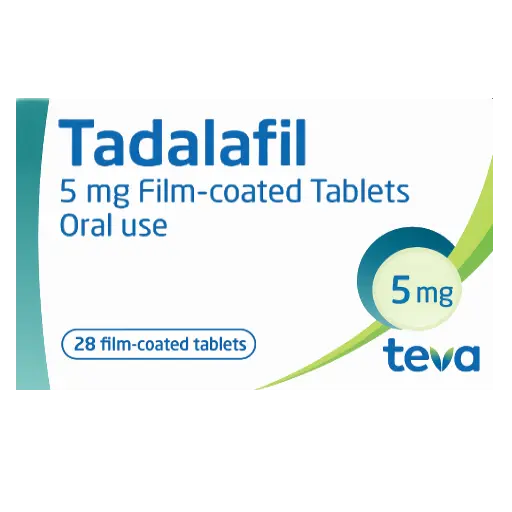
tadalafil tablets
£8.99
-
POM
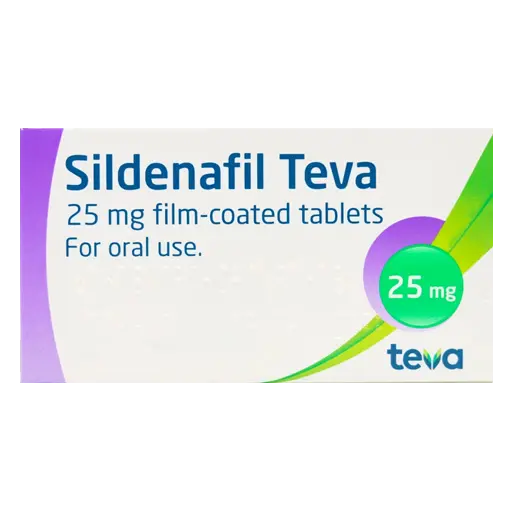
sildenafil tablets
£5.99
-
POM
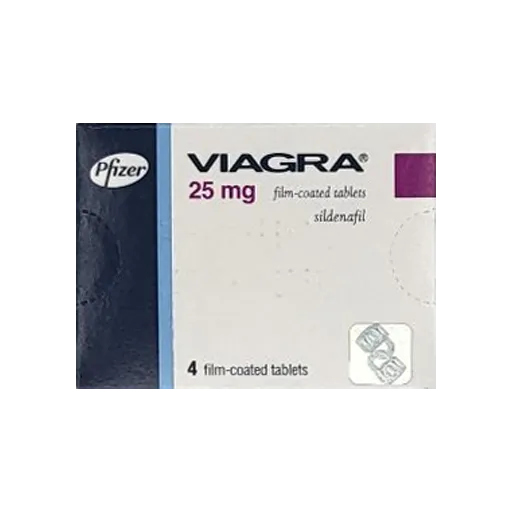
viagra tablets
£18.99
-
POM
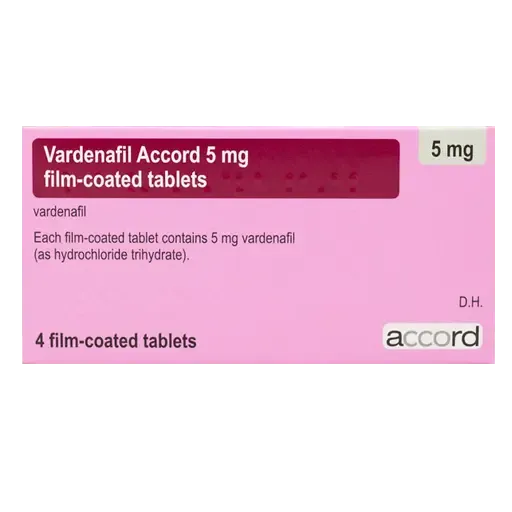
vardenafil tablets
£15.99
-
POM
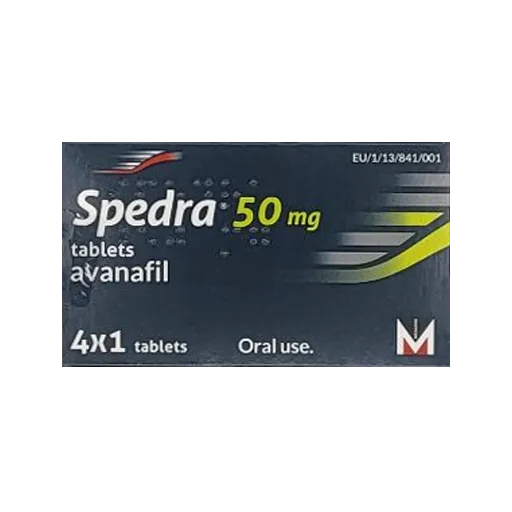
spedra tablets
£21.99
-
POM
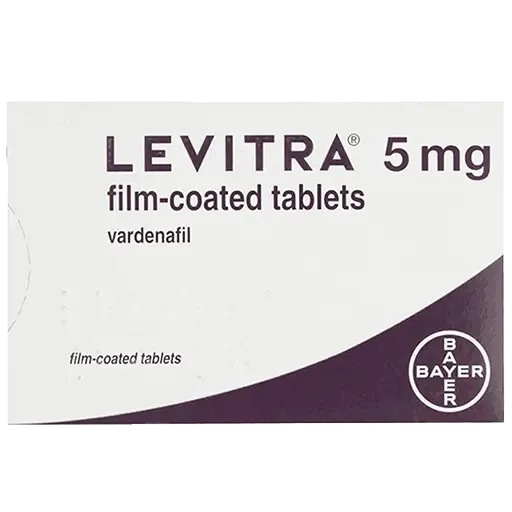
levitra tablets
£20.99
-
POM
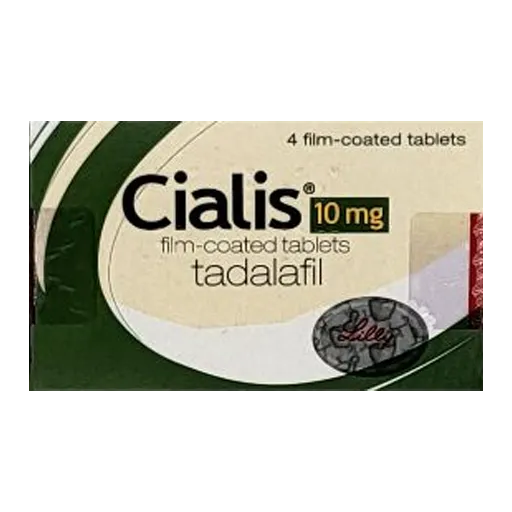
cialis tablets
£37.99